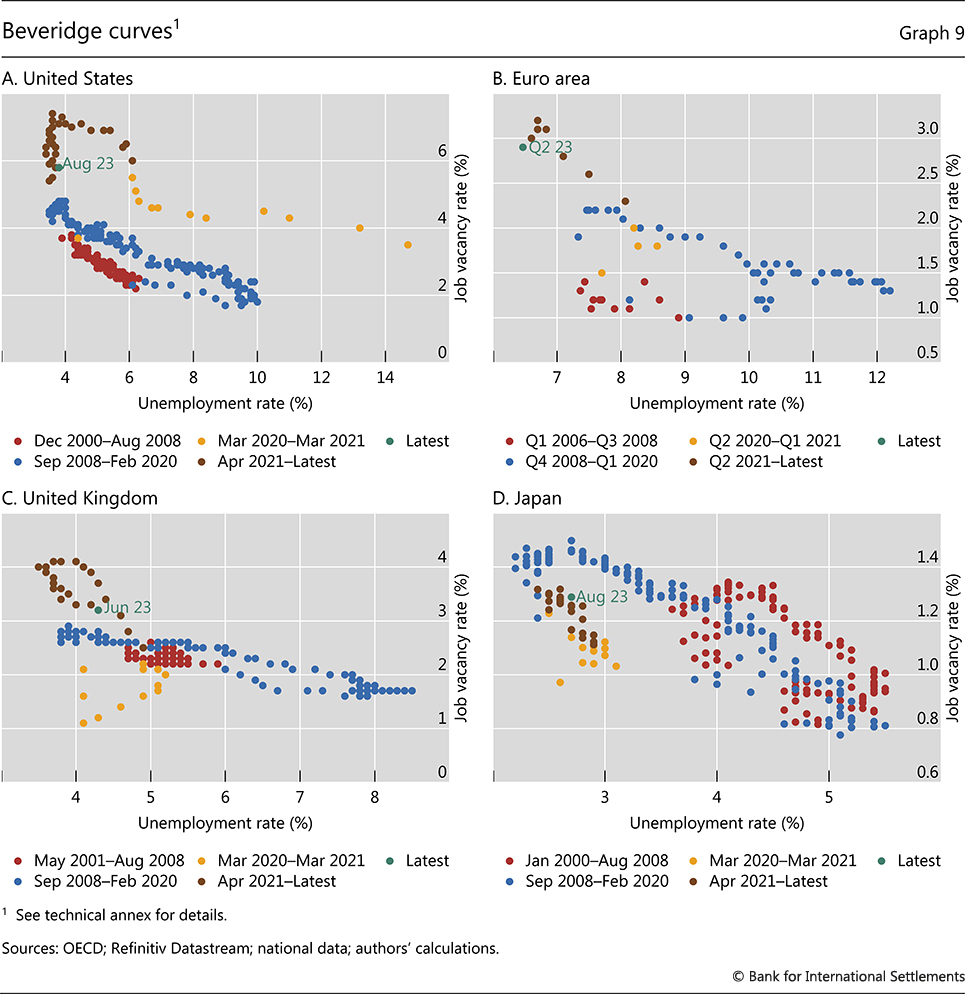
Title: The Waning American Dream: How Job Instability and Policy Changes Are Impacting Worker Welfare
In a country historically defined by the hope of upward advancement and consistent employment, the classic American Dream appears more vulnerable than ever. For countless workers across the U.S., a progressively unpredictable job market, evolving governmental policies, and economic fluctuations have fostered a pervasive feeling of job insecurity. As reported in the 2025 Work in America survey from The Harris Poll for the American Psychological Association (APA), 54% of U.S. employees indicate that job insecurity is a significant source of stress in their lives.
This intense feeling of apprehension is affecting not only workers’ mental health and personal well-being but is also threatening overall workplace efficiency and the sustained success of U.S. enterprises.
Policy Changes Transform the Employment Landscape
Governmental policy transformations, once dismissed as peripheral in the business environment, are now instigating major upheavals in organizational operations nationwide. The APA survey reveals that nearly two-thirds (65%) of employed individuals report their organizations have been impacted by these policy changes, with 39% expressing fears of potential job loss within the next year as a direct consequence.
One in five employees describes such changes as “significant” or even “drastic,” compelling companies to rethink internal strategies, reorganize teams, or adjust their products and services. These shifts have markedly affected public sector workers—53% of whom foresee more substantial changes within their organizations soon.
These worries are evident in the private sector as well. A 38-year-old federal office employee shared: “I am anxious about all the job cuts as I know many federal government employees and subcontractors have faced layoffs.”
Prevailing Economic Instability Intensifies Concerns
While policy changes evoke concern, the larger economic climate heightens anxieties about job loss. In 2025, 44% of employees expressed worry that an economic recession could lead to job termination, rising from 36% only a year prior.
Even more revealing, 51% of workers believe that finding a new job quickly would pose a challenge if they were laid off. Additionally, 44% feel that they would need to change industries entirely to maintain employment, illustrating wider shifts in workforce needs, automation, and the decline of specific sectors.
As APA CEO Arthur C. Evans Jr., PhD, states: “This cultural moment undermines workers’ sense of stability, control, and ability to fulfill their basic needs. Feelings of job insecurity and poor mental health can exacerbate one another in a damaging cycle.”
Escalating Stress and Emotional Exhaustion
The impact of job insecurity is far from abstract—it is deeply personal.
Among employees facing workplace instability:
– 42% experience sleep disturbances due to work-related stress.
– 36% indicate professional pressures harm personal relationships.
– Emotional fatigue is significantly higher among employees in policy-affected organizations (27–30%) compared to those in unaffected environments (18%).
– Disinterest and lack of motivation are also more prevalent at these companies (28–31% vs. 16%).
A 53-year-old employee expressed a sentiment now felt by many: “Layoffs and shifts to overseas staffing leave me feeling like my job could vanish at any moment, making me feel undervalued as an employee and merely a number.”
Another respondent articulated the multifaceted nature of contemporary workplace stress: “Insecurity around job stability, continuous increases in workload, and unclear communication from management generate stress.”
The Importance of Relationships: The Shielding Effect of Supportive Management
In spite of these hurdles, the 2025 APA report also points to vital opportunities for employers to protect their workforce from some of the harmful impacts of uncertainty.
Workers who perceive that they “matter” to their employers were significantly less likely to fear job loss due to economic turbulence (42% vs. 54%). Similarly, employees who maintain strong connections with their supervisors were much less likely to categorize their workplace as toxic (10% vs. 55% among those who expressed dissatisfaction with management).
Mental health resources emerged as another essential safeguard. Those content with their organization’s mental health offerings reported lower fears of job loss (42%) compared to dissatisfied employees (52%).
“In recent times, there has been an increasing awareness of the substantial influence that workplaces exert on individuals’ mental health,” stated Evans. “This year’s survey underscores one crucial point: unchecked stress is not solely a personal health issue—it poses a significant risk to organizations as a whole.”
Supporting Mental Health During Uncertain Times
For employees dealing with mental health issues and professional pressures, taking proactive measures can be crucial. APA psychologists recommend:
– Keeping a record of personal achievements and skills acquired to enhance self-efficacy and prepare for possible job transitions.
– Building stronger relationships with peers to create a robust support network.
– Seeking affordable mental health services through state health departments, online therapy platforms, or nonprofit organizations.
– Using the 988 Lifeline for free, confidential mental health support at any time.
Employers